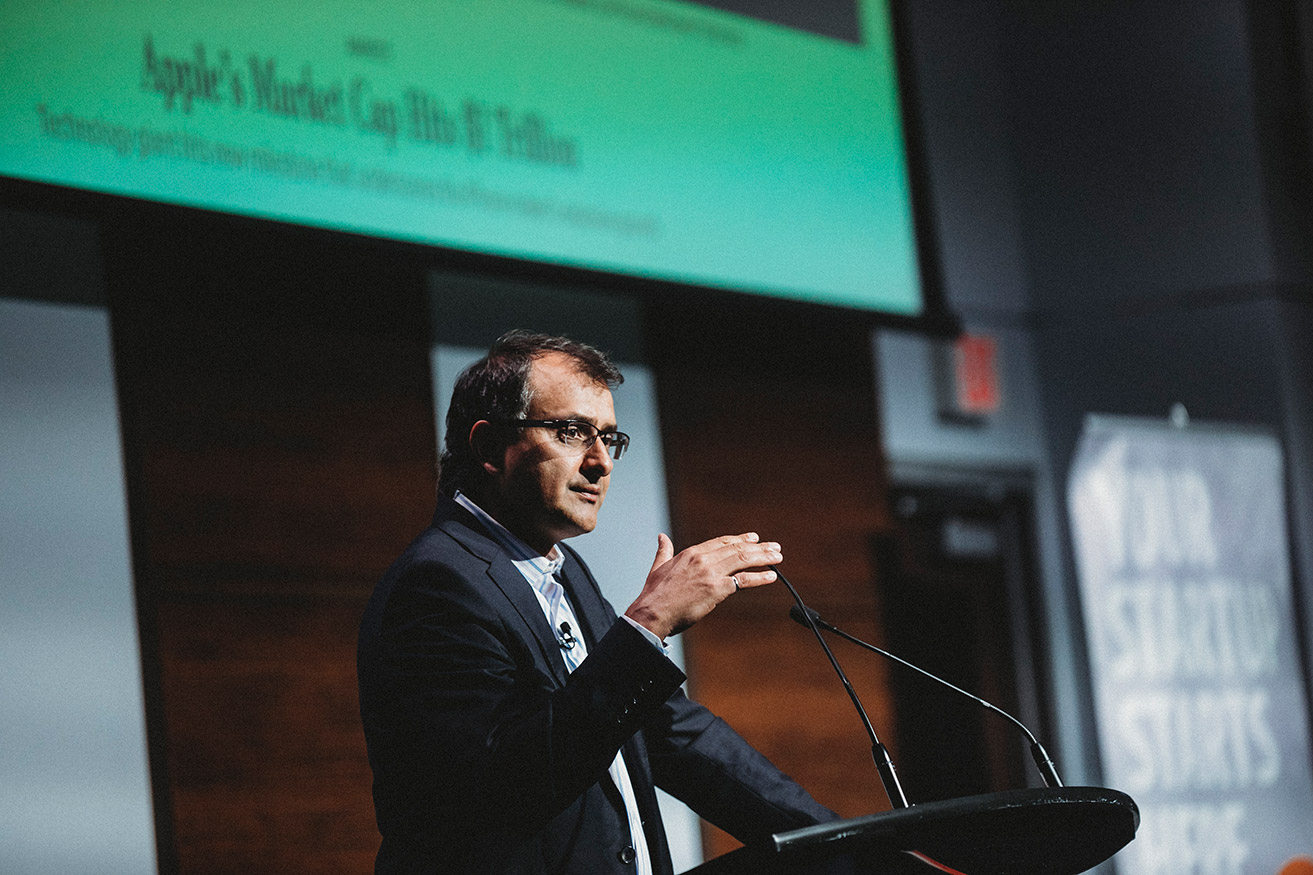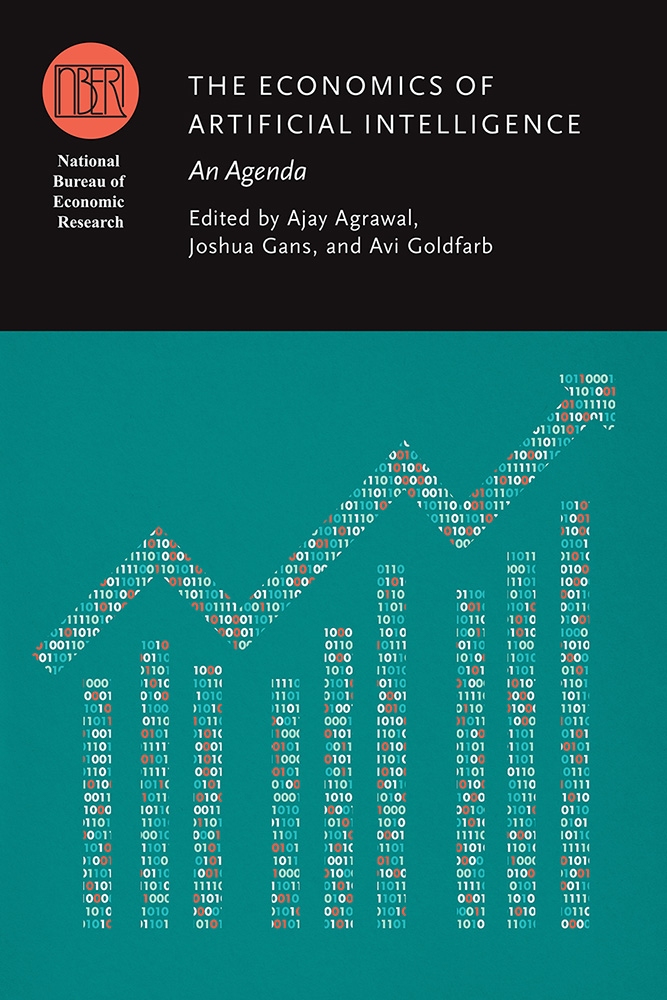Professor of Machine Learning Business Continuity
Professor Ajay Agrawal

Ajay Agrawal
Professor Agrawal's research is focused on the economics of machine intelligence.
Ajay Agrawal is the Geoffrey Taber Chair in Entrepreneurship and Innovation and Professor of Strategic Management at the University of Toronto's Rotman School of Management. In addition, he is a Research Associate at the National Bureau of Economic Research in Cambridge, MA and Faculty Affiliate at the Vector Institute for Artificial Intelligence in Toronto, Canada.
Professor Agrawal is founder of the Creative Destruction Lab (CDL), a not-for-profit program for early-stage, science-based companies. CDL's mission is to enhance the commercialization of science for the betterment of humankind. CDL operates sites at five Canadian universities as well as at the University of Oxford, HEC Paris, Georgia Tech, and the University of Wisconsin-Madison.
CDL launched a new program in April 2020, CDL-Recovery, in response to the global pandemic. The program included two streams: 1) public health, 2) economic recovery. Then in May 2020, CDL launched the CDL Vision Council. The Vision Council's mission: Identify the primary problems at the root of the crisis and accelerate technology-driven solutions that will have a first order impact on stimulating economic activity, restoring or creating jobs, and enhancing society such that human civilization emerges stronger and more stable than before the COVID-19 crisis began. Professor Agrawal serves at the Founding Chair of the Vision Council.

Balliol College, University of Oxford.
-

RT @creativedlab: If you're a founder working on cancer innovations, the CDL Cancer program can help you accelerate your startup! In… https://t.co/tzHJmfQb3u
-

This new report (survey data ~3000 consumers ~500 companies) estimates "the avg internet user will spend up to 6hrs… https://t.co/NXx5uZxe5H
Professor Agrawal is a co-author of the best-selling book "Prediction Machines: The Simple Economics of Artificial Intelligence." The book was named one of the top ten technology books of 2018 by Forbes and reviewed or cited in The New York Times, The Economist, Financial Times, Wall Street Journal, McKinsey Quarterly, Forbes, Bloomberg, Globe and Mail, Hindustan Times, The Irish Times, Fortune, San Francisco Review of Books, Fast Company, NPR Market Watch, C-SPAN, Foreign Policy, among other outlets. He is also co-author of a number of scholarly and popular press articles on the economics of machine intelligence.
Professor Agrawal served as advisor to the U.S. government as a member of a National Academies committee on Science and Innovation Leadership for the 21st Century. He currently serves as advisor to the government of Japan as a member of the International Advisory Committee for the National Institute for Information and Communications Technology, Japan's sole R&D agency specializing in ICT. He also serves on the Advisory Board of Carnegie Mellon University's Block Center for Technology and Society.
Professor Agrawal was awarded Professor of the Year seven times by MBA classes at the Rotman School of Management, the Martin-Lang Award for Excellence in Teaching, and the Distinguished Scholarly Contribution Award at the University of Toronto's Rotman School of Management. The Globe and Mail named Professor Agrawal to its "Power 50" list of the most influential Canadians.
Prediction Machines Book: The Simple Economics of A.I.
"What does AI mean for your business? Read this book to find out."

"AI may transform your life. And Prediction Machines will transform your understanding of AI. This is the best book yet on what may be the best technology that has come along." "
The Economics of Artificial Intelligence: An Agenda
Professor Agrawal is an editor, along with Joshua Gans and Avi Goldfarb, of the scholarly book "The Economics of Artificial Intelligence: An Agenda," that sets the agenda for artificial intelligence research in economics.
The NBER volume is from the University of Chicago Press (published May 2019).

Download the following chapters:
Source: https://agrawal.ca/
0 Response to "Professor of Machine Learning Business Continuity"
Post a Comment